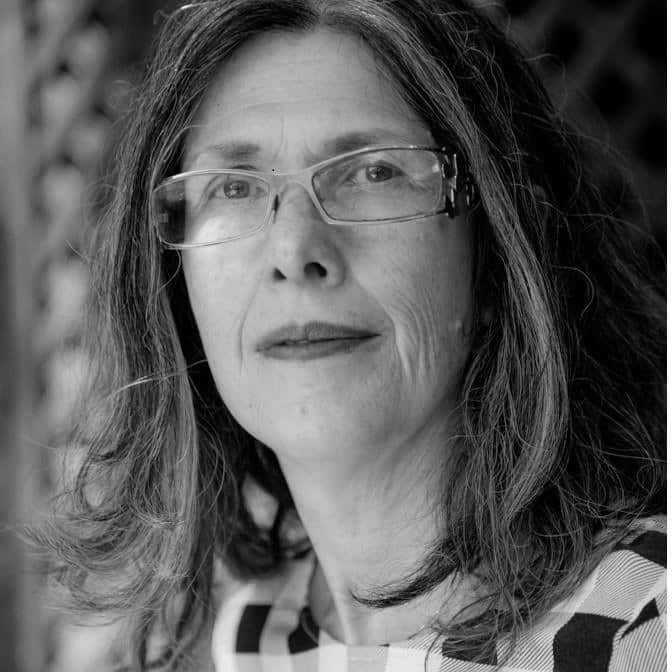In this season, when we celebrate freedom and the honor of obligation, let’s remember two rabbis who exemplified those values. The two teachers I have in mind were contemporaries and, for a while, neighbors. Orthodox Rabbi Sabato Morais and Reform Rabbi David Einhorn led congregations in Philadelphia in the years leading up to the USA’s Civil War. At a time when few rabbis dared (or maybe cared) to do it, these tzadikim condemned slavery forthrightly, drawing on Jewish tradition.
Sabato Morais, in his 1864 Thanksgiving sermon to Congregation Mikveh Israel said, “Not the victories of the Union, but those of freedom, my friends, do we celebrate. What is Union with human degradation? Who would again affix his seal to the bond that consigned millions to [that]? Not I, the enfranchised slave of Mitzrayim.
David Einhorn, in a 1861 Passover sermon, later expanded and published as War With Amalek, wrote, ““Is it anything else but a deed of Amalek, rebellion against God, to enslave human beings created in His image, and to degrade them to a state of beasts having no will of their own? Is it anything else but an act of ruthless and wicked violence, to reduce defenseless human beings to a condition of merchandise, and relentlessly to tear them away from the hearts of husbands, wives, parents, and children…?”
These teachers were unified on one of the key moral questions facing spiritual leaders of their time despite their disagreements about many other important things. Morais, a founder of Jewish Theological Seminary (JTS), was determined to maintain a halachic standard for American Jews, believing that the principles he expressed in his sermon were indissoluble from the web of study and ritual that binds Jewish communities into a people. Einhorn, a leader in American Reform Judaism advocated a Judaism rooted in prophetic discourse and a rejection of ritual commandments (hukim) in favor of the ethical ones (mishpatim). Yet each man, recalling our central narrative of redemption from slavery, responded to oppression of American slaves with the same moral clarity.
Their fates, for a while, were different, although, at the end, each was honored. It was Morais, the more traditional Jew—and, in his time, a liberal who spoke out, not only for the end of slavery, but also for the importance of women’s education, Native American rights and worker’s rights and who battled prayer in public schools and all attempts to construct the United States as a Christian nation—who kept his congregation. Despite some threats on his life and safety, Morais stayed on his bimah at Mikveh Israel where he had a lifetime contract. Thousands attended his public funeral.
Einhorn had taken up his Philadelphia pulpit at Knesset Israel, because he had, in 1861, been driven from his Baltimore pulpit at Har Sinai for his anti-slavery stance by a mob that threatened to tar and feather him. He eventually left his new congregation to settle in New York, where he led Congregation Adas Jeshurun, which would eventually merge with another synagogue to become Congregation Beth-El. There he retired and, he too, was mourned by his large Jewish community when he died.
Each left a legacy. Rabbi Abraham Joshua Heschel, a lion of the JTS, was among those rabbis who marched with Dr. Martin Luther King Junior and resolutely opposed America’s role in the Vietnam War. The Civil Rights Act of 1964 and the Voting Rights Act of 1965 were drafted on the premises of the Religious Action Center of Reform Judaism. More broadly, Orthodox Judaism, with which Morais identified is alive, and continues to sprout vigorous debates and tendencies. Conservative Judaism, for which JTS serves as a seminary, is still a halachic movement, one which sees halachah as a living, evolving tradition; and Reform Judaism continues to regard living Torah as the basis for a Jewish life. While they don’t always land on the same side of every question, each Jewish movement maintains its obligation to respond to the key issues of its day.
The USA has, more or less, caught up to Rabbis Morais and Einhorn on the question of slavery, but we should never forget how much courage it must have taken for them to speak out when they did. How can we emulate their example?























 More news and opinions than at a Shabbat dinner, right in your inbox.
More news and opinions than at a Shabbat dinner, right in your inbox.